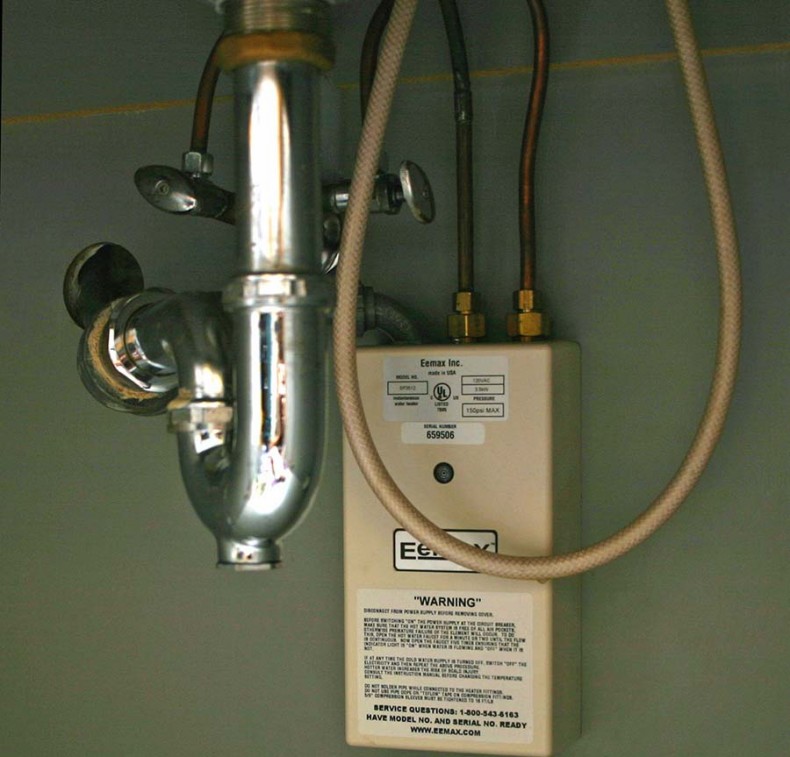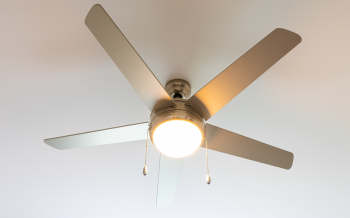Instant Water Heaters
By Hannah McKenzie
Q: I need to replace my water heater soon. My husband wants an instant water heater because he suspects it will get hot water to our bathroom faster and will never run out of hot water like our current tank system. Does this sound reasonable?
A: Imagining showers with instant and infinite hot water is very alluring. Sometimes a water heater can provide this magical shower experience, although there are a number of factors, including fuel source, size and location that also need consideration.
Instant water heaters — also known as on-demand or tankless water heaters — supply hot water on an as-needed basis. Since these water heaters do not store water, there is no energy wasted on heating water when you don’t need it. Tankless water heaters are often wall-mounted and much smaller than a storage or tank water heater. Energy Star®-labeled models are available and indicate higher quality performance and energy-efficiency.
Waiting for hot water
The distance between the water heater (tank or tankless) and where you want to use hot water determines how much time it takes for the hot water to arrive. For some tankless water heaters, water must flow through the unit at a particular rate before heating begins, which can be annoying and can waste more water.
In some cases, a water heater (tank or tankless) can be relocated closer to bathrooms, the kitchen or laundry room to minimize the wait time and wasted water. Another alternative is to add a hot water circulation system.
Endless hot water
While it is true that tankless water heaters can supply endless hot water, there’s a strong temptation to use more than you need which, depending on fuel costs, may burn a hole in your pocket. Another consideration with tankless water heaters is the flow rate (gallons of hot water per minute). With most tank water heaters, you can shower and run the dishwasher simultaneously without giving it a second thought. Tankless water heaters have limitations for simultaneous hot water use and need to have a flow rate that can accommodate your typical household hot water habits.
Benefits
For some households and vacation properties, tankless water heaters can be an excellent investment to reduce water and reduce energy use. Though more expensive than tank water heaters, tankless water heaters may last 20 years while tank water heaters typically range from 10 to 15 years.
Considerations
People usually either love or hate their tankless water heaters. Often the hatred comes from misguided expectations and unforeseen limitations, like one person being able to shower at any given time or the need for a low-flow showerhead to help increase water pressure. There is no one-size-fits-all answer, but with a reputable installer and a bit of research about fuel source, flow rate, and location, a tankless water heater may provoke love.
Before making an expensive purchase, look at your entire water heating system for solutions. In addition to the type of water heater used, low-flow fixtures and Energy Star-labeled clothes washers and dishwashers can ensure a comfortable and affordable experience for years to come.
For more information visit: Smarter House or U.S. Department of Energy, Energy Savers.
-
Share this story:




